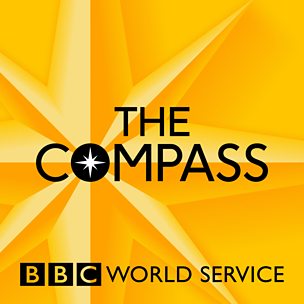The Compass - Green energy: Renewables
Download Green energy: Renewables
Allan Little investigates the best way to capture, store and redistribute the renewable sources of energy freely available all over the world – wind, solar and hydro. The sun gives earth enough potential power in one hour to provide the total energy needs of the globe for a year – if only we could catch and store it.
From a purely economic angle, the costs of renewables are now cheaper than fossil fuels. So what is holding us back from harnessing the power of the sun and wind to secure our net-zero future? Vested interests in traditional energies for one, but also local controversies over the disruption involved in building big, renewable power stations; they’re often unwelcome and unwanted.
Allan heads to one of the windiest places on earth, the Shetland Islands, north-east of the Scottish mainland. A remote, beautiful, isolated collection of archipelagos, Shetland is leading the way for transitioning out of fossil fuels to on and off-shore wind farms, green hydrogen production and the laying of thousands of kilometres of cables under the sea to the mainland. But opposition is vocal and sustained; parts of the local community feel the environmental damage to the natural peatlands, which are natural carbon capture havens, and the physical change to Shetland’s landscape with vast wind farms being put up, are a step too far. They back green energy - but just not the vast amounts being planned.
Presenter: Allan Little
Producer: Anna Horsbrugh-Porter
A Just Radio production for BBC World Service
Image: An overhead view of a wind turbine, part of the Burradale wind farm, outside Lerwick in the Shetland Islands on September 8, 2021 (Credit: William Edwards/AFP via Getty Images)
Published on Wednesday, 17th August 2022.
Available Podcasts from The Compass
We are not the BBC, we only list available podcasts. To find out more about the programme including episodes available on BBC iPlayer, go to the The Compass webpage.
